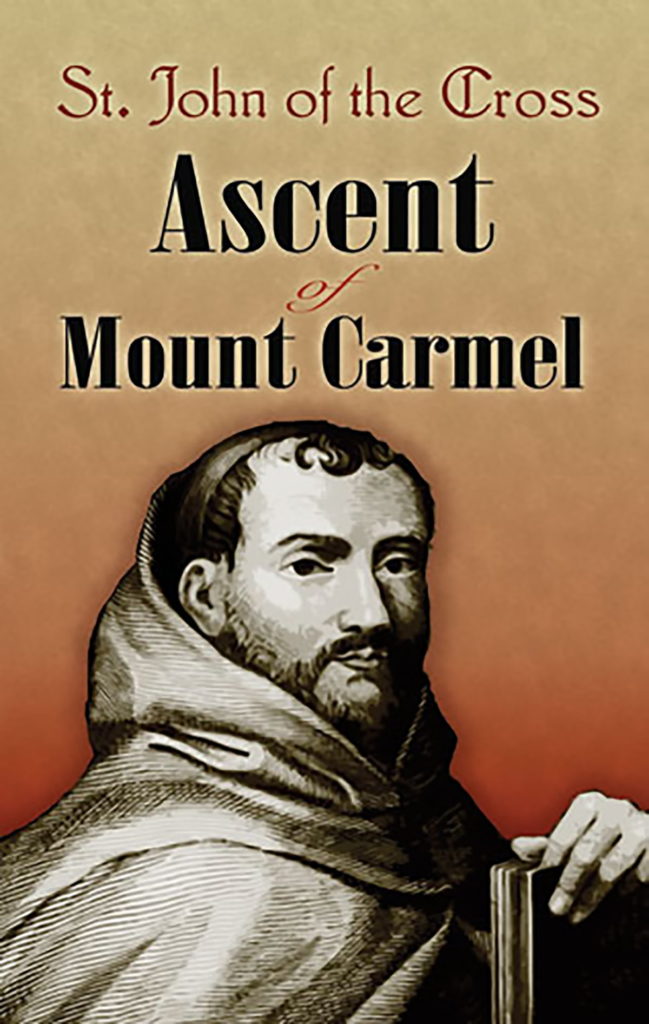There is no way to union with God without annihilating the memory as to all forms (i.e., items of knowledge). This union cannot be wrought without a complete separation of the memory from all forms that are not God. As we mentioned in the night of the intellect, God cannot be encompassed by any form or distinct knowledge…. Since the memory cannot at the same time be united with God and with forms and distinct knowledge, and since God has no form or image comprehensible to the memory, the memory is without form and without figure when united with God. Its imagination being lost in great forgetfulness without the remembrance of anything, it is absorbed in a supreme good. (Ascent of Mount Carmel–St John of the Cross).
An important understanding about deeper interior prayer is being conveyed here. Even though contemplation always has an element of passive receptivity to grace, as will be examined later more fully, it is nonetheless necessary that the faculties of the soul exercise a suitable effort of their own in denying and rejecting their inclination to seek easier satisfactions in prayer. These faculties play a key role by their own choice in accepting the purgative darkness that descends upon the faculty, particularly in a deeper prayer of contemplation. A spirit of surrender to effects that may be hard to manage, and difficult to understand at first as a benefit, is necessary for the contemplative path to God.
“Saint John of the Cross: Master of Contemplation” by Father Donald Haggerty


